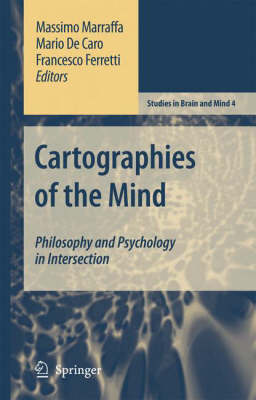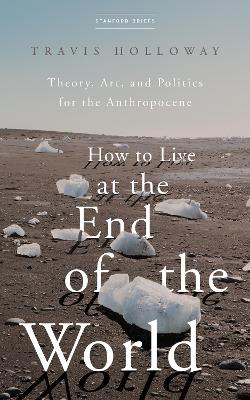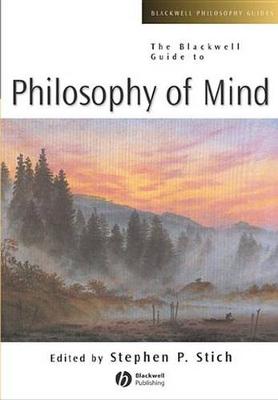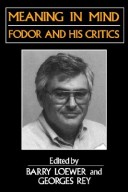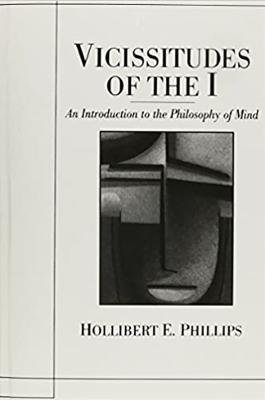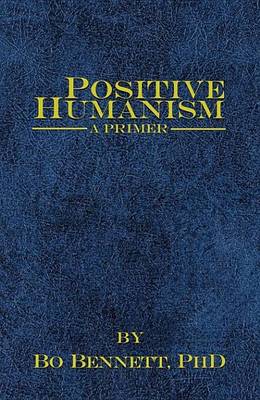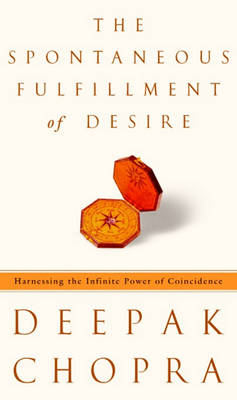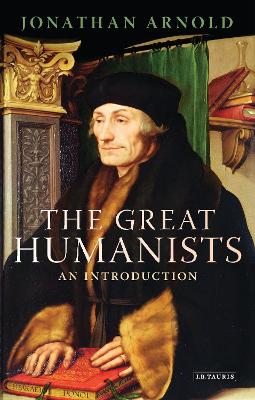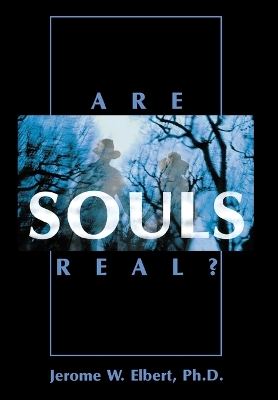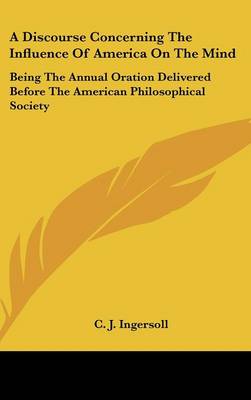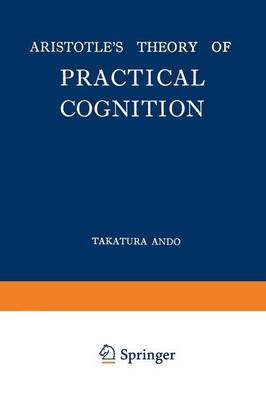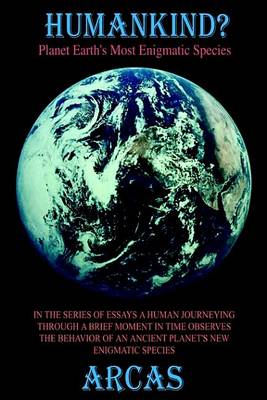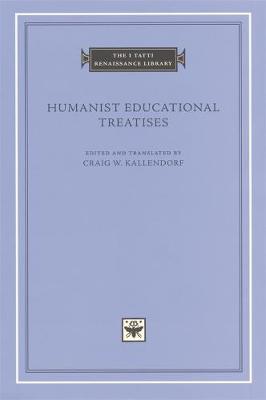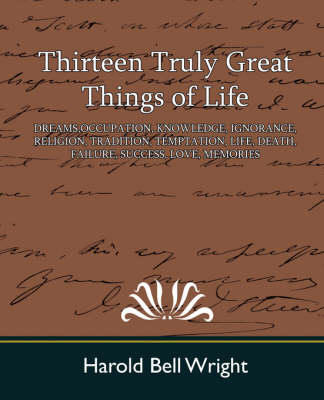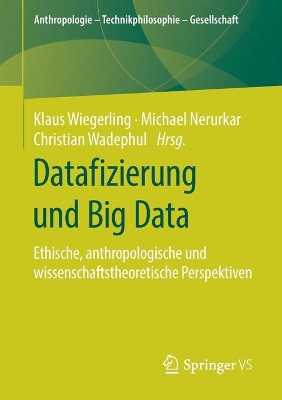Cartographies of the Mind (Studies in Brain and Mind, #4)
This book is a collection of essays exploring some classical dimensions of mind both from the perspective of an empirically-informed philosophy and from the point of view of a philosophically-informed psychology. The chapters reflect the different forms of interaction in an effort to clarify issues and debates concerning some traditional cognitive capacities. The result is a philosophically and scientifically up-to-date collection of "cartographies of the mind".
Rivoluzione Copernicano-Newtoniana E Sentimento in Kant (Studien Zur Philosophie Des 18. Jahrhunderts, #12)
by Piero Giordanetti
Il volume analizza il rapporto fra la scoperta di sentimenti e affetti a priori e la rivoluzione nel modo di pensare annunciata nella "Prefazione" alla seconda edizione della Critica della ragion pura. Il lavoro mostra che il passaggio dall'ipotesi alla certezza apodittica, da Niccolo Copernico a Isaac Newton tanto nella filosofia speculativa quanto nella filosofia morale e inscindibilmente connesso con la scoperta dei sentimenti a priori del rispetto, della soddisfazione di se, dell'interesse,...
Assessing the dawn of the Anthropocene era, a poet and philosopher asks: How do we live at the end of the world? The end of the Holocene era is marked not just by melting glaciers or epic droughts, but by the near universal disappearance of shared social enterprise: the ruling class builds walls and lunar shuttles, while the rest of us contend with the atrophy of institutional integrity and the utter abdication of providing even minimal shelter from looming disaster. The irony of the Anthropocen...
The Blackwell Guide to Philosophy of Mind (Blackwell Philosophy Guides, #4)
by Stephen P. Stich and Ted A. Warfield
Comprising a series of specially commissioned chapters by leading scholars, this comprehensive volume presents an up-to-date survey of the central themes in the philosophy of mind. The Blackwell Guide to Philosophy of Mind leads the reader through a broad range of topics, including Artificial Intelligence, Consciousness, Dualism, Emotions, Folk Psychology, Free Will, Individualism, Personal Identity and The Mind-Body Problem. Taken as a whole, this timely volume is an important work for anyone i...
Meaning in Mind
Over the last two decades Jerry Fodor has development and defended an account of intentional mental states and processes which he calls the representational theory of mind. According to this theory, intentional states involve relations to syntactically structured representations in a language of thought, and mental processes are computations over these representations. Recently Fodor has added to this theory what he claims to be a naturalistic account of the semantics of mental representations....
The Faculties (Oxford Philosophical Concepts)
It seems quite natural to explain the activities of human and non-human animals by referring to their special faculties. Thus, we say that dogs can smell things in their environment because they have perceptual faculties, or that human beings can think because they have rational faculties. But what are faculties? In what sense are they responsible for a wide range of activities? How can they be individuated? How are they interrelated? And why are different types of faculties assigned to differen...
Designed for undergraduate courses in the departments of Philosophy, Psychology, and Cognitive Science. Ideal course titles include Philosophy of Mind, Problems of Philosophy, Philosophical Issues in Psychology, and Issues in Cognitive Science. The author presents the newcomer to philosophy with a comprehensive, theoretical coverage of current topics in a lively, clear, and engaging style.
The Spontaneous Fulfillment of Desire (Deepak Chopra)
by M D Deepak Chopra
Born out of a love of language, text, classical learning, art, philosophy and philology, the Christian Humanist project lasted beyond the turmoil of sixteenth-century Europe to survive in a new form in post-Reformation thought. Jonathan Arnold here explores the finest intellects of late-Renaissance Europe, providing an essential guide to the most important scholars, priests, theologians and philosophers of the period, now collectively known as the Christian Humanists. "The Great Humanists" provi...
Do you have a supernatural soul? If you think you do, have you asked yourself why you think so? If souls are real, will yours survive after you die? Is your soul your most valuable possession, or is the entire idea of the soul a fossilised remnant of an outdated worldview? How we answer these questions affects what we believe about ourselves and how we live our lives. In this informative yet accessible book, Jerome Elbert examines these issues from the diverse perspectives of neuroscience, bibli...
A Discourse Concerning the Influence of America on the Mind
by C J Ingersoll
This special issue of differences continues to question the vestiges of humanism. Articles include a study on Kant's "Third Critique"; explorations of the rise of "computationalism" and "the digital" and their effects on humanism; an examination of the myth of equality in early American history; and an illustration of "mourning theory" through an analysis of The Great Gatsby.
I have much pleasure in writing a preface to Mr. Takatura Ando's book on Aristotle. Apart from his intrinsic importance, as one of the three or four greatest of all philosophers, Aristotle is important on having given for many centuries the greatest influence in moulding the thought of European countries. The language difficulty has no doubt prevented him from exercising very much influence on Japanese thought, and I welcome very warmly to hear that Mr. Ando is about to have his book printed in...
The cycle of disciplines now known as the humanities emerged in their modern form during the Italian Renaissance as the result of an educational movement begun by humanist teachers, writers, and scholars of the early Quattrocento. The movement argued for the usefulness of classical literature as an instrument for training young men and women, not only in the arts of language and eloquence, but also in civic virtue and practical wisdom. This volume contains four of the most important theoretical...
Engaging Reason offers a penetrating examination of a set of fundamental questions about human thought and action. In these tightly argued and interconnected essays Joseph Raz examines the nature of normativity, reason, and the will; the justification of reason; and the objectivity of value. He argues for the centrality, but also demonstrates the limits, of reason in action and belief. He suggests that our life is most truly our own when our various emotions, hopes, desires, intentions, and acti...
This title explores the implications of our animal origins and posthuman futures for our understanding of our humanity and our relations with other species. "Beyond Human" investigates what it means to call ourselves human beings in relation to both our distant past and our possible futures as a species, and the questions this might raise for our relationship with the myriad species with which we share the planet. Drawing on insights from zoology, theology, cultural studies and aesthetics, an in...
Datafizierung Und Big Data (Anthropologie - Technikphilosophie - Gesellschaft)

